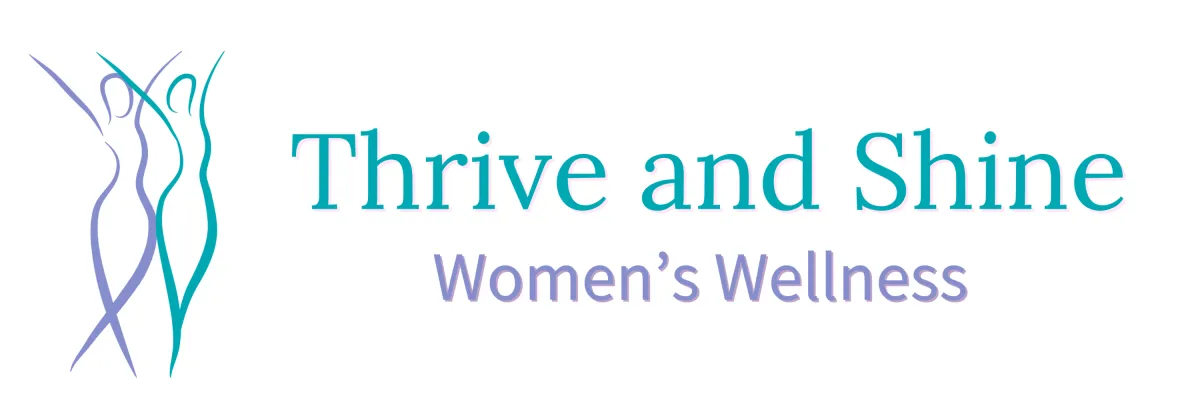Free Resources
Free resources
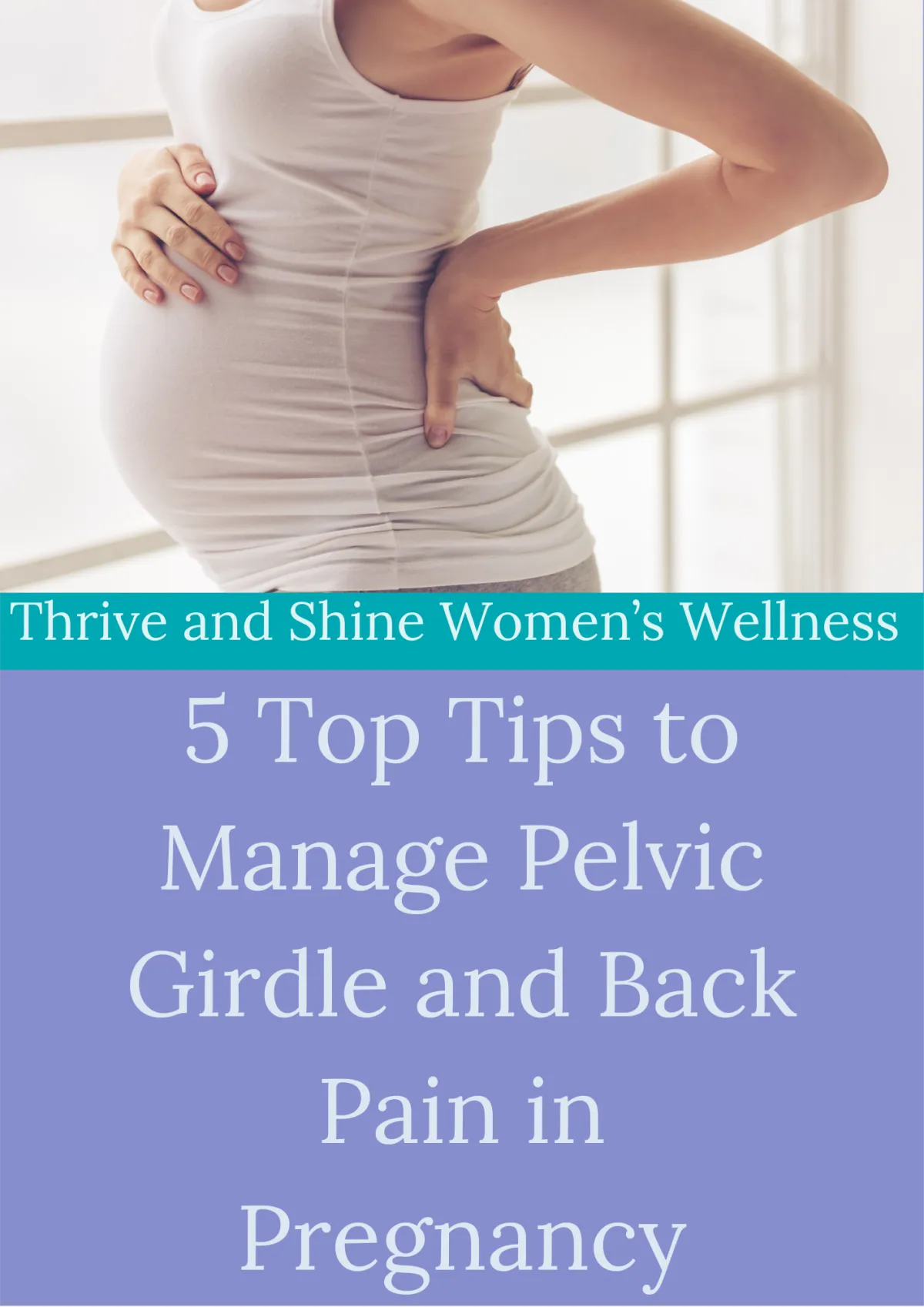
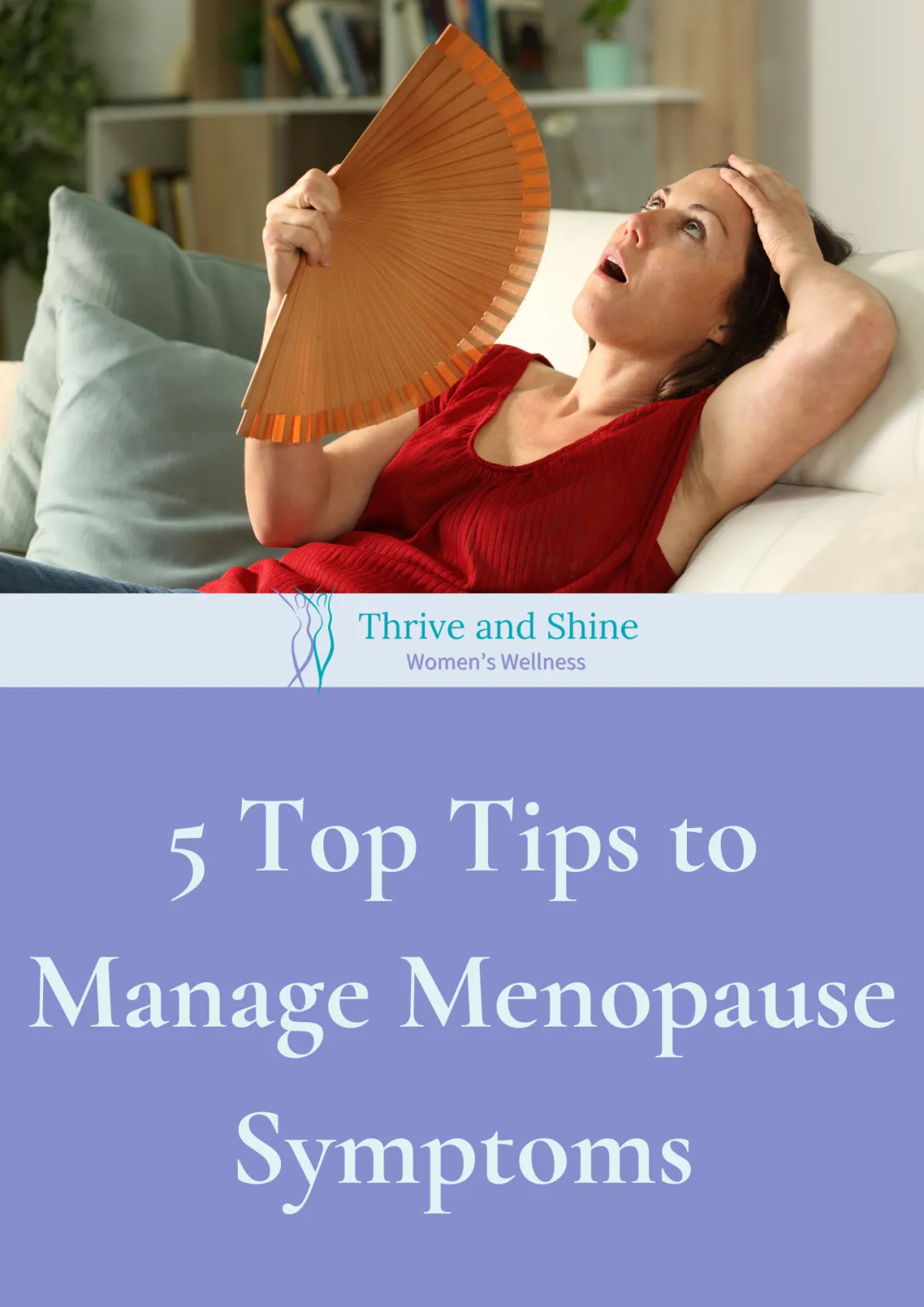
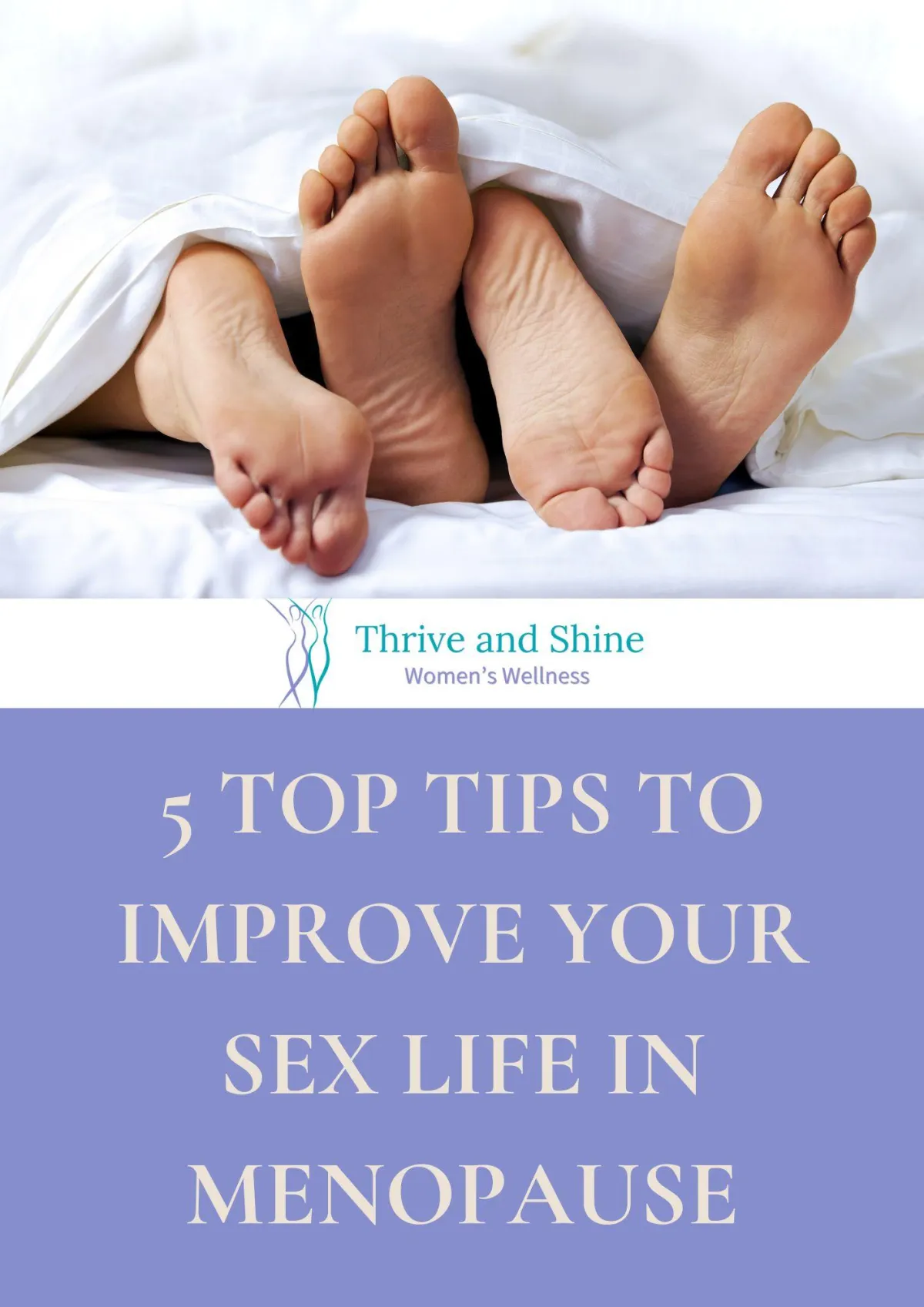
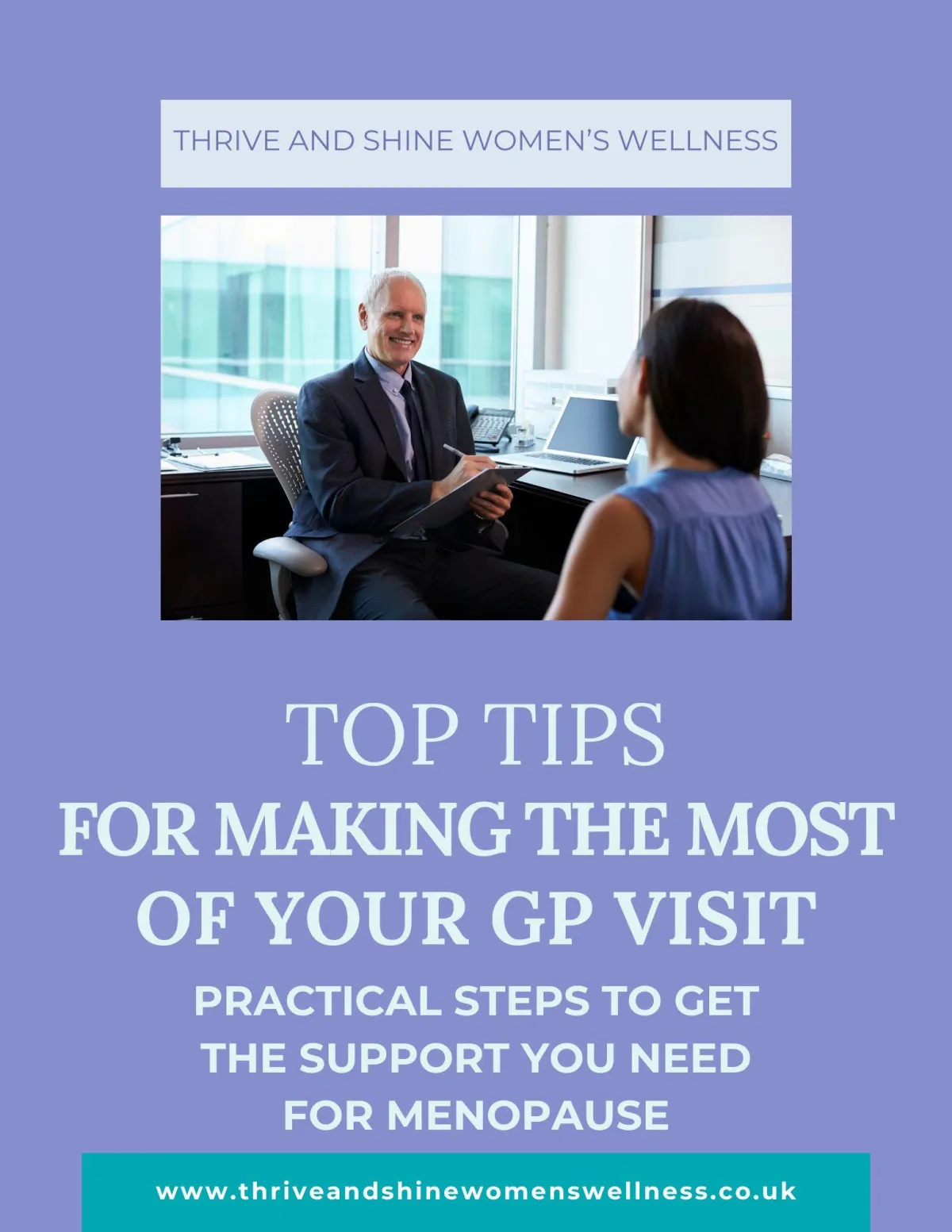
Check out our blog for tips and advice about women's health.


Can You Predict When You’ll Go Through Menopause?
Can You Predict When You’ll Go Through Menopause?
And does it matter when your mum did?
By Roberta Bass, Women’s Health Physiotherapist
Thrive and Shine Women’s Wellness | Making Sense of Women’s Health Podcast
This is a question I’m often asked — “Is there any way to tell when I’ll go through menopause?” Whether you're in your 30s, 40s, or starting to notice changes, it’s natural to want to prepare for what’s ahead.
So, is menopause timing in your DNA? Does it matter when your mum or older sister reached menopause? And what about things like early periods or having children young? Here’s what the research tells us.
What Influences the Timing of Menopause?
Genetics: The Most Significant Factor
Family history remains the most reliable predictor. Research consistently shows that the age at which your mother or sisters reached menopause often reflects your own trajectory. This is largely due to genetic influences on ovarian reserve — we're born with all the eggs we’ll ever have, and how quickly we use them up is mostly determined by our genes.
Smoking: A Well-Established Risk
One of the few lifestyle factors that clearly accelerates menopause is smoking. Studies show that smokers may reach menopause one to two years earlier than non-smokers. This is likely due to toxins affecting ovarian function and reducing the number of viable eggs.
Pregnancy and Childbirth
Contrary to popular belief, having children — especially multiple pregnancies — is associated with slightly later menopause. Pregnancy puts ovulation on pause, offering the ovaries a break. On the other hand, never having children has been linked to a small increase in risk for earlier menopause. However, having children early in life doesn’t seem to have a significant effect.
Age at First Period (Menarche)
There’s no clear-cut link between early periods and early menopause. Some studies suggest a weak association, but findings are inconsistent. Overall, menarche isn’t considered a strong predictor of menopause timing.
Body Weight and Nutrition
Women with low body weight or a history of chronic undernutrition may experience menopause earlier, as hormonal function is influenced by energy availability. Higher body weight has sometimes been linked to later menopause, though again, this is just one piece of the puzzle and not a recommendation to gain weight.
Can We Predict Menopause?
Not exactly. While family history may offer some clues, there is no test that can accurately predict when menopause will occur. Blood tests like FSH and AMH are not reliable for this purpose, especially in perimenopause, when hormone levels can fluctuate significantly.
Most women in the UK experience menopause between the ages of 45 and 55, with the average age being 51.
Early menopause is defined as menopause before age 45.
Premature menopause (premature ovarian insufficiency, or POI) occurs before age 40 and affects around 1 in 100 women.
Why Awareness Matters
Whether you can predict the timing or not, understanding the signs of perimenopause can make a real difference. Changes in mood, energy, sleep, brain fog, and joint pain are all common — and often misattributed to stress, parenting, or ageing.
This is why I offer Menopause MOTs, both in-person and online — to help you understand what's happening in your body and get tailored support, whether you're approaching menopause or right in the thick of it. Find out more here.
Final Thoughts
We may not be able to pinpoint the exact age you’ll reach menopause — but we can help you feel more informed and in control of the journey. Whether you're noticing symptoms or just want to be prepared, the right support can make all the difference.
If you’re starting to wonder whether your symptoms might be hormonal, I’d be happy to help you explore what’s going on and what to do next.
References
Gold, E. B., et al. (2001). Factors associated with age at natural menopause in a multiethnic sample of midlife women. American Journal of Epidemiology, 153(9), 865–874. https://doi.org/10.1093/aje/153.9.865
Kinra, S., & Okasha, M. (2003). A prospective study of age at menarche and age at menopause. Journal of Epidemiology & Community Health, 57(10), 800–800. https://jech.bmj.com/content/57/10/800.2
Schoenaker, D. A. J. M., et al. (2014). Socioeconomic position, lifestyle factors and age at natural menopause: a systematic review and meta-analysis. International Journal of Epidemiology, 43(5), 1542–1562. https://doi.org/10.1093/ije/dyu094
Zhu, D., et al. (2018). Parental age at menopause and daughters’ age at menopause: the InterLACE consortium. Human Reproduction, 33(5), 948–954. https://doi.org/10.1093/humrep/dey036
World Health Organization. (1996). Research on the menopause in the 1990s: report of a WHO scientific group. WHO Technical Report Series 866.
NHS. (2023). Early menopause. Retrieved from: https://www.nhs.uk/conditions/early-menopause/
If you are in the corporate world or run your own business then check out my free webinar
Elevating Business Success
5 key benefits of supporting women's health

Sign up for our newsletter.
